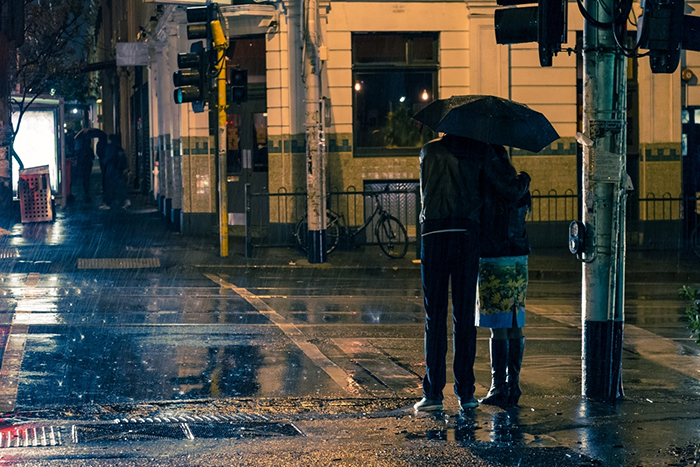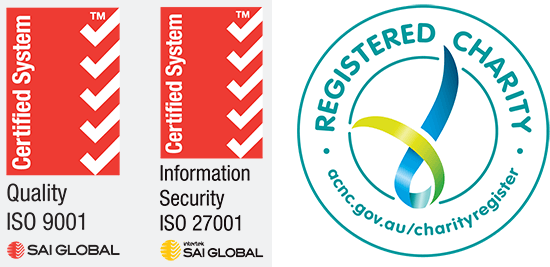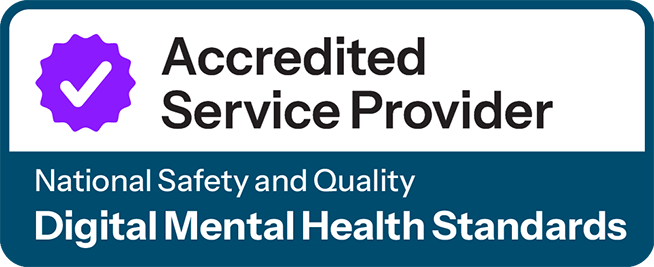
Vulnerable young people on the streets of Melbourne and women engaged in street-based sex work will soon have better access to health and social support, thanks to new funding from North Western Melbourne Primary Health Network (NWMPHN).
NWMPHN is providing $400,000 over the next 18 months to fund a social worker, a nurse and an Alcohol and Drug (AOD) worker to support both these groups, through existing services provided by Whitelion Youth Agency and St Kilda Gatehouse.
NWMPHN CEO Adjunct Associate Professor Christopher Carter said the enhanced services would help make sure that some of the most vulnerable members of our community can get help, when and where they need it.
“Whitelion and St Kilda Gatehouse have been supporting each other to do this critical work for a long time now, and we are really happy to be helping that partnership expand and make an even bigger difference for their local communities,” A/Prof Carter said.
The new workers will provide assertive outreach to young people through the Whitelion Youth Agency Chatterbox Bus, which provides direct support to street-frequenting youth in and around Melbourne’s CBD.
Whitelion Chatterbox Manager Anthony Grimm said the Chatterbox is currently a beacon of safety for young people at risk on the streets.
“The growth of the service through NWMPHN support will allow us to take a more holistic approach to the care of young people by providing targeted interventions that many homeless youth miss out on due to lack of access or financial means”.
Women engaged in street based sex work will also be able to access the new services through the St Kilda Gatehouse drop in centre, or through direct outreach at a location that suits them.
St Kilda Gatehouse Chairperson Mark Watt AM said young people and women on the streets were particularly vulnerable to sexual exploitation.
“Sexual exploitation brings with it a whole range of physical and psychological issues and social stigmas that prevent women from accessing mainstream health services. By bringing these services to the street it breaks through these barriers and provides practical help where it is most needed”.





